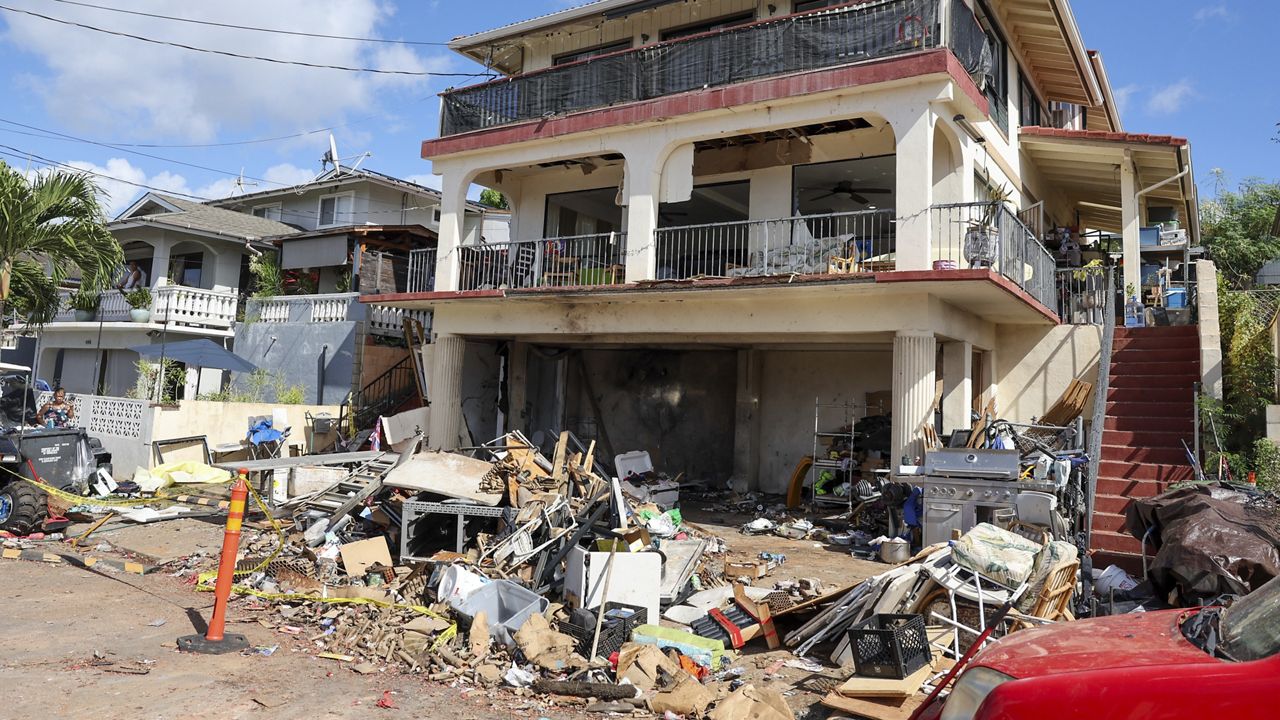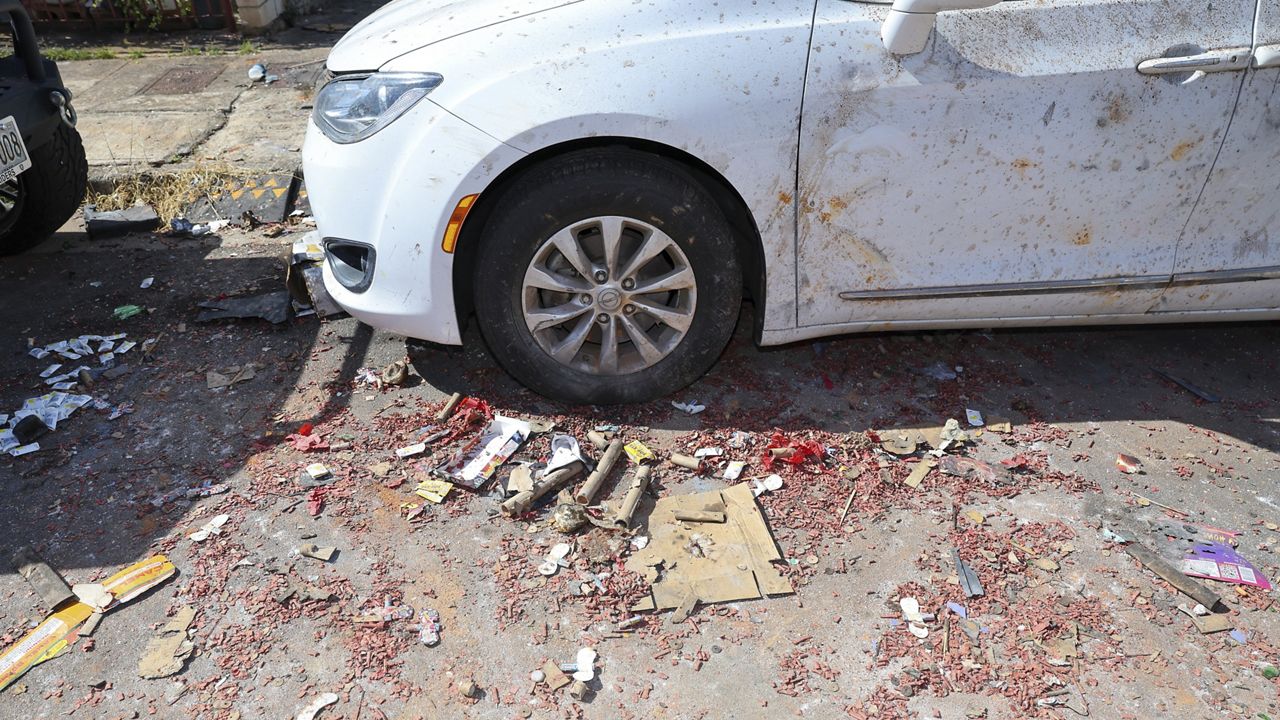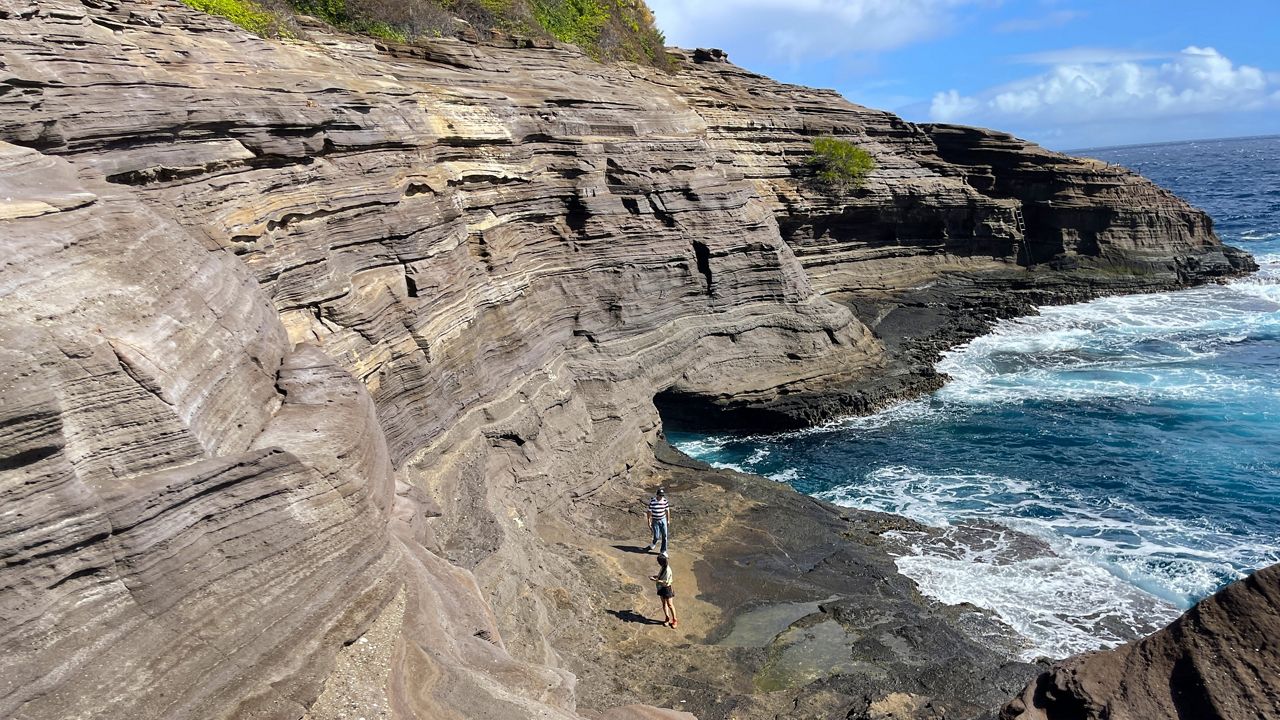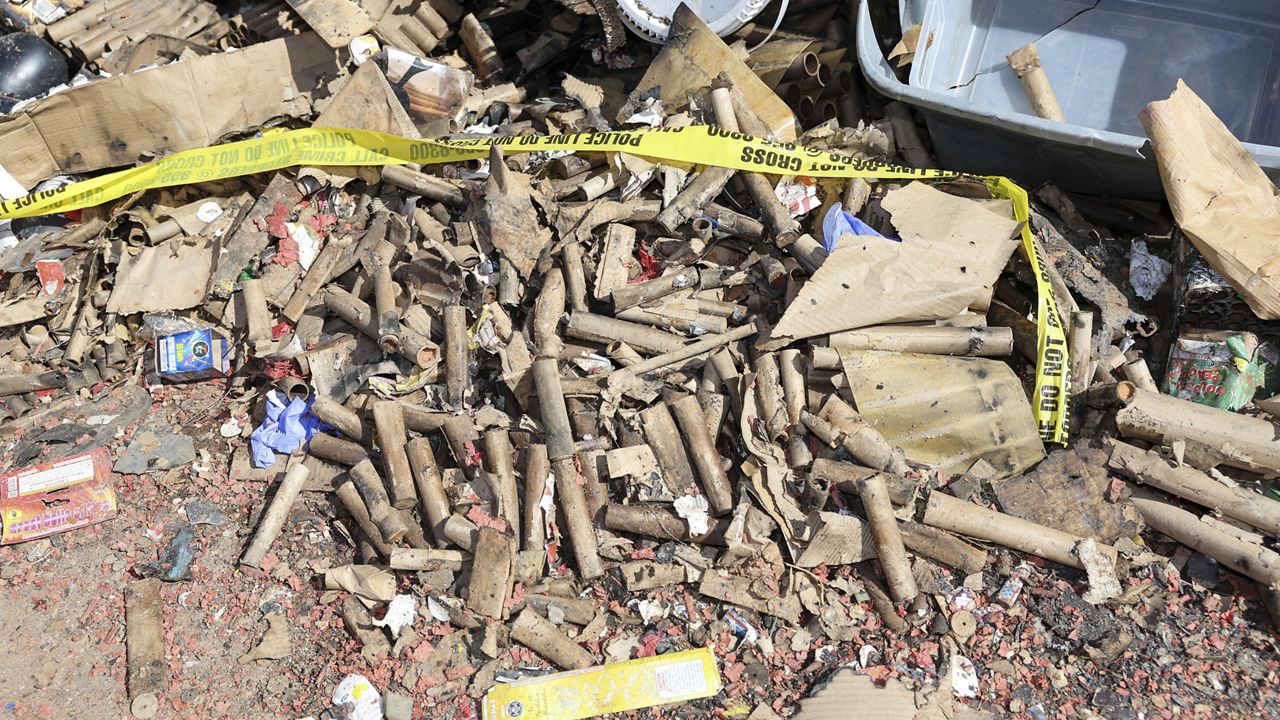The Attorney General of Hawaii is putting together new legislation that will provide harsher penalties and make it easier to prosecute anyone who imports, sells, buys or uses illegal fireworks.
The announcement of the proposed legislation comes about two weeks after a massive fireworks explosion on New Year’s Eve killed four people and seriously injured at least 20 others in Aliamanu.
Attorney General Anne Lopez said at a news conference on Monday she was waiting to see the completed law enforcement investigation before determining if her department would file any criminal charges related to the Aliamanu fireworks explosion. However, she implied there may not be enough evidence or witnesses for charges to be brought under the current law.
“The video is not sufficient to charge anybody who was present at the time of the explosions,” Lopez said.
New legislation
The AG’s office is writing legislation, which will be submitted to the state Legislature for review, to streamline Hawaii’s fireworks laws “so that prosecutors can convict people faster and more successfully,” according to Lopez. The legislation has not yet been finalized or released.
The new legislation would increase punishment for fireworks offenses, allow prosecutors to pursue smaller offenses, and simplify the evidence required to convict offenders.
The current penalties for illegal fireworks are either a misdemeanor or a Class C felony, which is punishable with up to 5 years in prison and/or a $10,000 fine. The new legislation would allow for enhanced sentencing to a Class B, which is punishable by up to 10 years in prison and a fine of up to $25,000, or Class A felony, which is punishable by up to 20 years in prison, or in some cases, life in prison, and a fine of up to $50,000.
Specifically, the new legislation would increase punishments for repeat offenders or for anyone who uses illegal fireworks that cause injury or death to someone. Offenses will go up one class if the offender had a prior fireworks conviction within the past 10 years. Offenses will also go up one class if there is anyone who has suffered substantial bodily injury, such as second degree burns or broken bones. Offenses will go up two classes if anyone suffers serious bodily injury or death as a result of those fireworks. These penalties may apply to anyone who used, purchased, sold or imported the fireworks.
“We feel that this will be much more of a deterrent to people,” said Deputy Attorney General Tricia Nakamatsu during the news conference on Monday.
The legislation also includes provisions to go after people who purchase or use even small amounts of illegal fireworks. Known as an “infraction level offense,” this will allow police officers to write citations for people who purchase or set off a single firework.
“Going after the most serious offenders is not going to be what solves the problem,” said Lopez. “Individuals who purchase fireworks, even in small amounts, the end users, create the illicit market.”
The new legislation would not require weight-related measurements of the fireworks, which were hard to collect evidence for and calculate when the fireworks were already used.
“Most of our penalties are based strictly on the weight of the fireworks that were retrieved and could be collected through evidence,” said Nakamatsu.
Under the AG’s legislation, prosecutors would no longer need expert witnesses or forensic evidence to establish someone used illegal fireworks. Hawaii Gov. Josh Green, who also spoke at the news conference, said the new legislation will allow prosecutors to use videos posted to social media as evidence.
Other ideas
“If people are killed, when these fireworks go off, even accidentally, it has to stop. We'll do anything that we can,” said Green. He welcomed people to submit ideas for ways to deter the use of illegal fireworks.
Green wants to encourage more professional fireworks shows for the community as a way to deter the use of illegal fireworks at home. He is considering a large Memorial Day fireworks show.
He also suggested holding a professionally supported fireworks competition that firework-enthusiasts could participate in.
The Department of Law Enforcement held an amnesty event on Saturday, where people could drop off unused fireworks with no questions asked, collecting 1,374.2 pounds of fireworks from 121 Hawaii residents. Jordan Lowe, the Director for the Department of Law Enforcement, said they would probably hold another amnesty event for fireworks in the near future.
In order to stop fireworks from coming into the state, Green said the state would work with the harbors that receive shipping containers and with the U.S. Postal Service that flies packages in via cargo planes. Green mentioned increasing the use of dogs that can smell explosives.
He also said they hoped to use new technology to stop the import of illegal fireworks into Hawaii, but declined to elaborate, saying he wouldn’t want criminals to know about it.
However, Green said it would be impossible to completely cut off the flow of fireworks into the state. “We need all society to say this is not going to be part of our culture any longer,” he added, emphasizing that neighbors need to discourage one another from using fireworks.
Michelle Broder Van Dyke covers the Hawaiian Islands for Spectrum News Hawaii. Email her at michelle.brodervandyke@charter.com.









